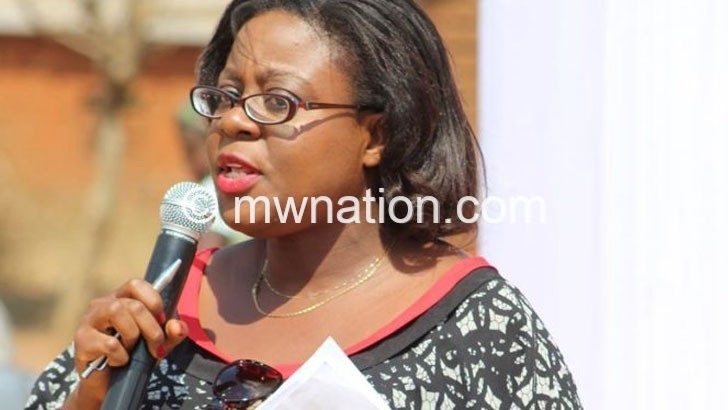Oxfam decries huge debt servicing cost
Oxfam in Malawi has decried Treasury’s sky-rocketing cost of servicing debt, saying it is “sucking away” the much-needed revenue to fight inequality.
Oxfam said this in its latest country brief on Commitment to Reduce Inequality (CRI) index for 2020.

The index has revealed that inequality in Malawi has continued to rise markedly, with poverty remaining extreme and endemic.
However, specifically touching on debt, Oxfam said in its country brief that Malawi was already in debt distress pre-Covid-19, adding that in 2019, debt servicing was 31 percent of government revenues and total debt as a percentage of gross domestic product (GDP) stood at 59.4 percent in 2019.
Reads the report: “By end 2020, total debt is expected to rise to a predicted 66.5 percent as a result of Covid-19, further deepening the debt crisis.”
As at the end of the 2019/20 financial year, total public debt stood at K4.13 trillion or 65 percent of GDP.
Of the total debt stock, K2.37 trillion, or 57 percent, was domestic debt while $2.39 billion (about K1.8 trillion) was external debt.
In an interview on Tuesday, Oxfam in Malawi country director Lingalireni Mihowa said rising public debt is affecting the country’s desire to fight inequality and reduce poverty, calling upon Treasury to improve on public debt management.
She said: “To reverse the recent increase in public debt burden and reduce the country’s debt vulnerabilities, Malawi needs to pursue cautious borrowing policies and strengthen the public debt management.
“The country should only borrow for long-term infrastructure that sustains national development to ensure that citizens’ rights are fulfilled.”
Mihowa said the country should take advantage of the Covid-19-related debt relief offers to get its current debt service suspended and negotiate a comprehensive cancellation of its overall debt to free up massive amounts of money for anti-inequality spending.
Figures show that about 83 percent, or $1.9 billion (K1.4 trillion) of total external debt, is obtained from multilateral creditors which continue to account for the largest proportion of the country’s external debt.
This is compared to bilateral creditors who account for only 17 percent of all external debt or $407 million (K305 billion) as at June 2020.
On his part, Centre for Research and Consultancy executive director Milward Tobias said the challenge for the country has been the poor use of borrowed resources, which has largely been consumptive.
“If the large part of borrowed resources had been used for export-oriented projects with high rate of return, Malawi’s economy could have expanded, export revenue would have grown, jobs would have been created and tax revenue base would have also grown,” he said.
In the 2020/21 National Budget valued at K2.2 trillion, interest payments are projected at K376 billion, which is 5.3 percent of GDP.
Foreign interest payments are projected at K11.9 billion with domestic interest payments is at K364.2 billion.





